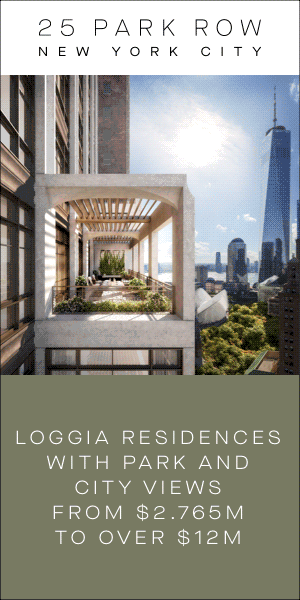Property Bounce Back
- Editorial Team

- Dec 28, 2020
- 4 min read
Sales agreed on £62bn more homes in 2020 than 2019 as southern England market rebounds most strongly...
Editorial Team | 28th December, 2020

Housing market activity has come full circle in 2020 and will end on a high, despite the two month+ UK market closure borne of the pandemic. These are the latest findings by Zoopla, the UK’s leading property portal, in its monthly House Price Index.
Record demand for housing in 2020
Market conditions continue to defy the traditional festive lull with demand in the last four weeks up 33% on the same period in 2019, when the market was preoccupied with the General Election.
Across the whole of 2020, we have recorded 40% more demand for housing than in 2019, despite all activity ceasing during the 2+ month housing market closure. Fueled by a seismic search for space and desirability of location, the pandemic and its subsequent lockdowns have unlocked latent demand for housing with even more focus on the size and quality of homes, and stimulating more decisions to move.
Demand is proving committed rather than speculative, and is converting readily into sales agreed. 2020 has recorded 9% more sales agreed than 2019, although with transactions taking three to four months to complete, a proportion will spill over into 2021.
While demand is up 40% over 2020, the flow of new supply has increased by just 4%, creating a supply and demand imbalance, and enacting an upward pressure on house prices.
The rebound in sales has been strongest in the South East and Eastern England, where they are more than 20% higher than in 2019.

Value of homes selling up 26%
The COVID crisis has driven a shift in the demographic profile of home movers, with a notable increase in more affluent demographics, where house prices are typically higher.
More sales agreed at a higher price point means the monetary value of homes selling is 26% higher in 2020 than in 2019. This equates to an additional £62bn of sales, which will take the annual total of homes sold this year to over £300bn.
The value of mortgage approvals for home purchases in October was up 68% on the previous year – resulting from sales agreed two to three months prior, at the peak of the rebound.
A clear correlation has emerged between the volume and value of sales agreed across regions and countries. Higher average selling prices in the East of England and the South East have increased the value of homes sold in 2020 by 37% compared to 2019.
Houses versus flats
The fundamental search for more space that has characterised the pandemic fueled market has resulted in the average rate of growth for houses running at double the rate of growth for flats.
As households re-evaluate their housing needs, demand for family houses with gardens, parking and extra space to work from home has intensified.
Demand for flats with private outdoor space is also high, but many don’t meet this requirement, which is being reflected in pricing levels and increased time to sell.

Supply / demand imbalance drives house price growth
Rising demand with no major expansion in supply has resulted in upward pressure on house prices in 2020. UK house price inflation reached a three year high of 3.9% in November, up from 1.3% a year ago. This three-month growth rate peaked at 2% in September and has since slowed, indicating that annual growth will plateau at approximately 5%.
The impetus for house price growth is coming from the northern regions and Wales, where affordability remains less of a barrier to house price growth. Average prices in the North West are increasing at 5% followed by Wales and Yorkshire and the Humber, both running at 4.9%. At a city level, Manchester is registering growth of 5.7% followed by Leeds, Nottingham and Liverpool, all recording growth over 5%.
A strong start to 2021
As we approach the end of the year, we can see that the market has come full circle, with housing market activity remaining well above the typical levels for this time of year.
The once in a lifetime reassessment of housing has further to run as households look to the future and reflect on their housing priorities, particularly in light of the seemingly ongoing restrictions.
The stamp duty holiday has contributed to ongoing demand, but in our view this is secondary to the intrinsic appetite for more and better quality living space compounded by the global pandemic.
End of year market momentum is expected to support a seasonally strong start to 2021, with more mature, equity rich, long-time homeowners continuing to take a growing share of sales. Improved availability of higher loan-to-value mortgages for those with deposits of 10% or more are already increasing, which will support first-time buyers over the next 12 months.
With a long Christmas weekend and many households isolating in smaller groups, we expect interest in housing to be stronger than usual ahead of the traditional Boxing Day bounce, when interest spikes and the next tranche of households start planning their next move.
Richard Donnell, Director of Research & Insight, Zoopla, comments: “The housing market is ending 2020 strongly with more buyers looking for a home than this time last year. More sales at higher prices have boosted the value of homes selling in 2020, led by a strong rebound in southern England.




















Comments